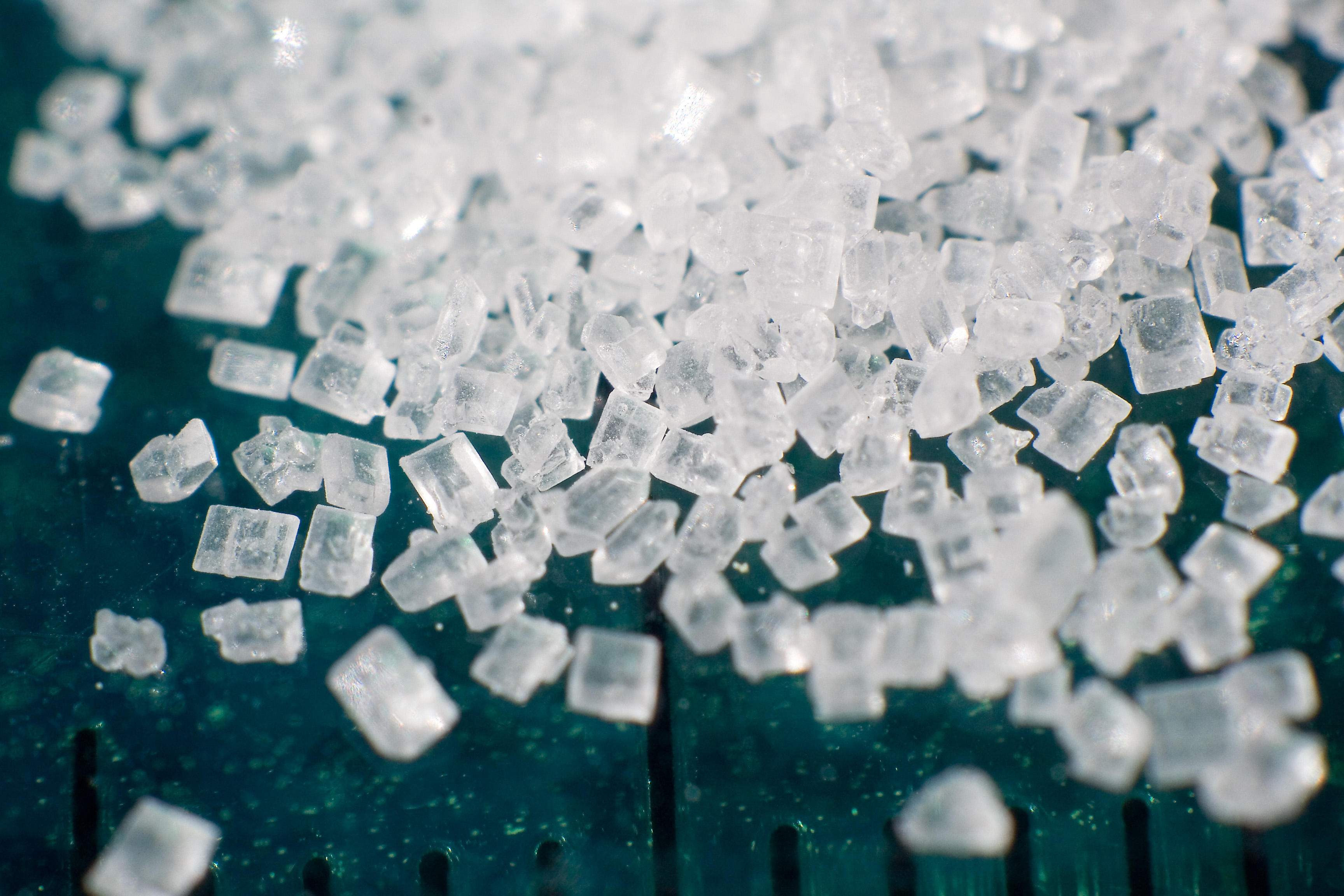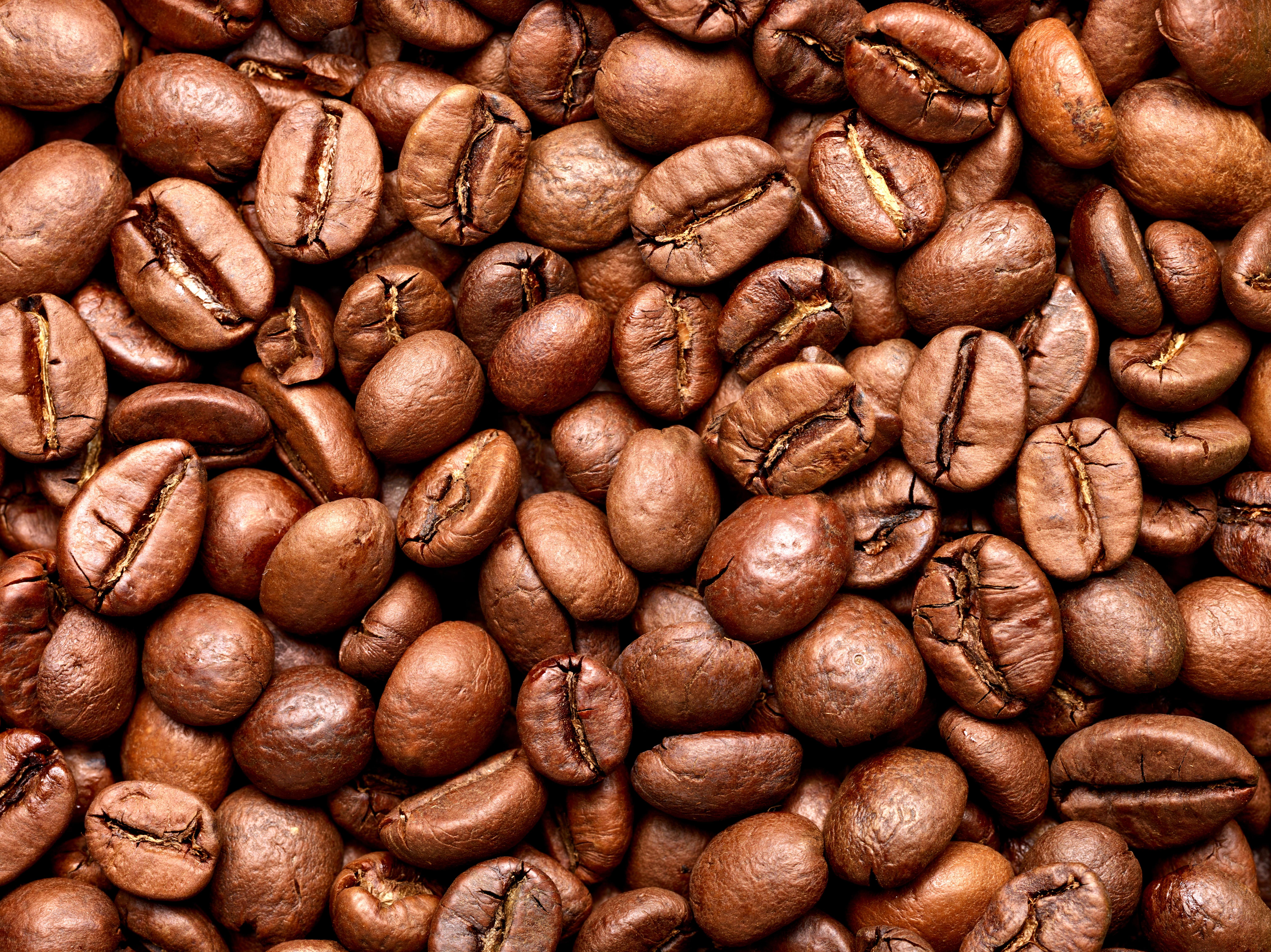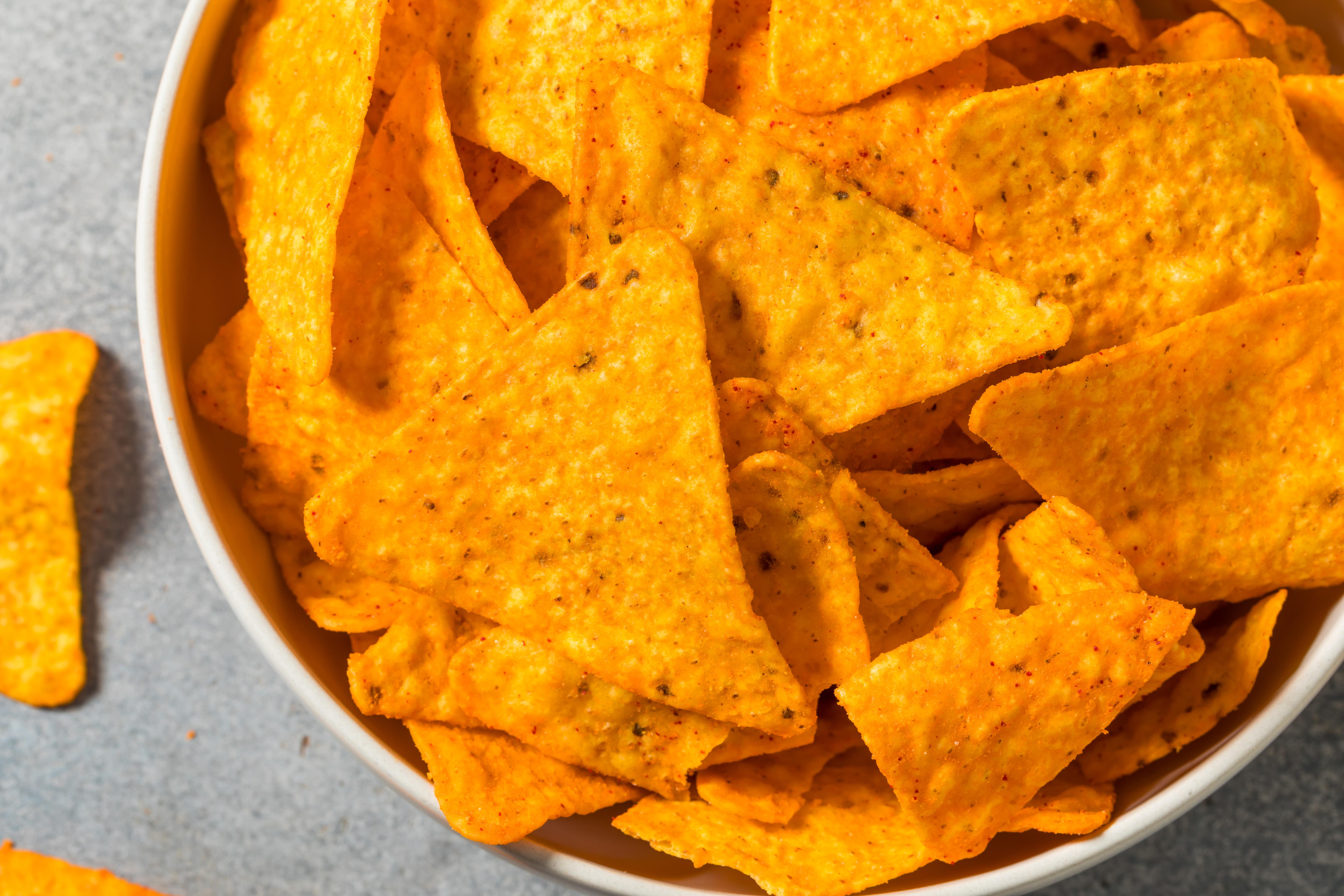11 Brain-Fog Culprits You're Consuming Without Realizing It
Brain fog is a term frequently tossed around to describe a hazy, unfocused mental state, but its roots and remedies are often elusive. This cognitive cloudiness can disrupt daily life, making simple tasks feel like Herculean challenges. While stress and lack of sleep are usual suspects, there are hidden influencers that might be affecting your mental clarity. This article delves into 11 often-overlooked factors that could be contributing to your brain fog, each linked to what you're unwittingly consuming. By understanding these influencers, you can make informed choices to clear the mental mist and reclaim your cognitive sharpness.
1. Processed Foods: The Silent Saboteurs

Processed foods are a staple in many diets due to their convenience. However, these foods often contain additives, preservatives, and artificial ingredients that can have detrimental effects on brain health. High levels of sugar and unhealthy fats found in processed foods can lead to inflammation, which is closely associated with cognitive decline. Studies have shown that a diet rich in processed foods can impair memory and learning abilities. Moreover, these foods often lack essential nutrients needed for optimal brain function. By reducing your intake of processed foods, you can decrease inflammation and improve cognitive clarity.
2. Artificial Sweeteners: The Bitter Truth

Artificial sweeteners like aspartame and sucralose are common in "sugar-free" products. While they promise a guilt-free indulgence, these sweeteners can interfere with neurotransmitter function. Aspartame, in particular, has been linked to headaches and mood disturbances, both of which can exacerbate brain fog. Research suggests that artificial sweeteners can alter gut microbiota, impacting the gut-brain axis and potentially leading to cognitive impairment. For those experiencing brain fog, cutting back on artificial sweeteners and opting for natural alternatives like honey or stevia might help clear the haze.
3. Gluten: The Grainy Culprit

For individuals with gluten sensitivity or celiac disease, consuming gluten can lead to a range of neurological symptoms, including brain fog. Gluten can trigger an immune response that causes inflammation in the brain, impairing cognitive function. Even those without a diagnosed sensitivity may experience subtle cognitive changes from gluten consumption. Eliminating or reducing gluten in your diet can lead to noticeable improvements in mental clarity and energy levels. Exploring gluten-free grains like quinoa or brown rice can be a beneficial step towards reducing brain fog.
4. Dairy: The Foggy Dairy Dilemma

Dairy products, while rich in calcium and protein, can be problematic for those with lactose intolerance or sensitivity. Consuming dairy can cause inflammation and digestive issues, which in turn can affect mental clarity. Casein, a protein found in dairy, has also been linked to cognitive disturbances in some individuals. For those experiencing brain fog, experimenting with dairy alternatives like almond milk or coconut yogurt might provide relief. A diet low in dairy can help reduce inflammation and improve cognitive function for those sensitive to its effects.
5. Caffeine: The Double-Edged Sword

Caffeine is a popular stimulant known for its ability to enhance alertness and concentration. However, excessive consumption can lead to jitteriness, anxiety, and ultimately, brain fog. Caffeine impacts the central nervous system and can disrupt sleep patterns, leading to fatigue and mental cloudiness. Moderation is key; while a cup of coffee can be beneficial, excessive intake can be counterproductive. By balancing caffeine consumption and ensuring adequate hydration, you can harness its benefits without succumbing to its potential pitfalls.
6. Alcohol: The Cognitive Conundrum

Alcohol consumption, even in moderate amounts, can have a significant impact on brain health. Alcohol is a central nervous system depressant that can impair cognitive function and exacerbate brain fog. Chronic consumption can lead to long-term cognitive decline and memory issues. Alcohol also dehydrates the body, which can further contribute to mental sluggishness. Reducing alcohol intake and ensuring adequate hydration can help mitigate its effects on the brain. For those struggling with brain fog, cutting back on alcohol may lead to clearer thinking and improved cognitive performance.
7. MSG: The Flavor Enhancer with a Catch

Monosodium glutamate (MSG) is a flavor enhancer commonly used in processed foods and restaurant dishes. While it enhances taste, MSG can have adverse effects on brain health. Some individuals are sensitive to MSG, experiencing symptoms such as headaches, fatigue, and brain fog. MSG can overstimulate glutamate receptors in the brain, leading to neurotoxicity and cognitive impairment. Avoiding foods high in MSG and opting for natural seasonings can help reduce these symptoms and improve mental clarity.
8. High-Fructose Corn Syrup: The Sweet Saboteur

High-fructose corn syrup (HFCS) is a sweetener found in many processed foods and beverages. It is metabolized differently than regular sugar and has been linked to obesity, insulin resistance, and inflammation. HFCS can impact the brain by altering insulin signaling, which is crucial for cognitive function. Studies have shown that a diet high in HFCS can impair memory and learning abilities. Reducing intake of HFCS by choosing whole foods and natural sweeteners can support brain health and reduce brain fog.
9. Trans Fats: The Hidden Hazard

Trans fats, found in many processed and fried foods, are known for their negative impact on heart health. However, they also pose a risk to brain health. Trans fats can lead to inflammation and oxidative stress, both of which are linked to cognitive decline. They can also affect the structure and function of brain cells, impairing memory and cognitive abilities. By avoiding foods high in trans fats and opting for healthier fats like those found in avocados and nuts, you can support brain health and reduce brain fog.
10. Excessive Salt: The Salty Saboteur

While salt is essential for bodily functions, excessive consumption can have detrimental effects on brain health. High salt intake is associated with increased blood pressure, which can reduce blood flow to the brain and impair cognitive function. It can also lead to dehydration, a common cause of brain fog. Reducing salt intake and staying hydrated can improve circulation and support cognitive clarity. Opting for herbs and spices as flavor enhancers can help reduce reliance on salt while maintaining a flavorful diet.
11. Pesticides: The Invisible Intruders

Pesticides used in conventional farming can linger on fruits and vegetables, posing a risk to brain health. Chronic exposure to pesticides has been linked to neurological disorders and cognitive decline. These chemicals can disrupt neurotransmitter function and lead to inflammation in the brain. Choosing organic produce and washing fruits and vegetables thoroughly can reduce exposure to pesticides. By minimizing pesticide intake, you can protect brain health and reduce the risk of brain fog.
Understanding the hidden influencers behind brain fog is the first step towards achieving mental clarity. By identifying and reducing your exposure to these factors, you can improve cognitive function and enhance overall well-being. Making informed dietary choices and adopting a lifestyle that minimizes exposure to harmful substances can lead to a clearer, more focused mind. As you embark on this journey, remember that small changes can have a significant impact on brain health. So, embrace the power of knowledge and take control of your cognitive clarity today.